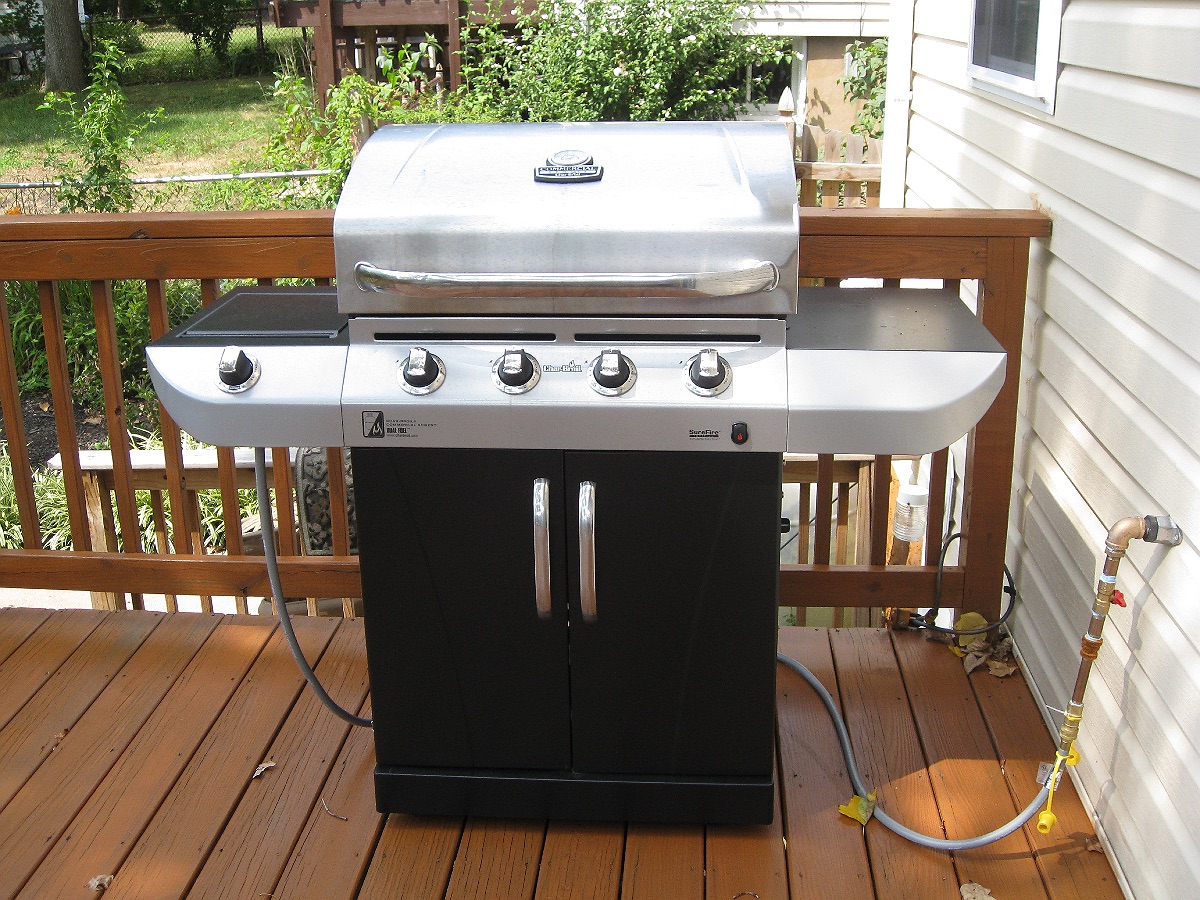Known for imparting a smoky richness that pairs perfectly with charred fat and meat, barbeque is one of the most popular cooking techniques. Summer in Lake Cowichan cottage country is barbeque season, and with its arrival the debate over charcoal or gas is revisited by friends and neighbours across Canada.
One great feature of gas grills is the option to use natural gas from the house and forget about running out of propane. Many newer homes in the NAME OF area feature natural gas connections for a grill. Let us know if this is a priority for you.
But which fuel produces the best cooking results? The answer is this: it depends on what you’re cooking. Both fuels provide an even, dry heat that is ideal for grilling. Do you want to easily sear a protective layer to retain juices? Are you cooking large cuts or a whole chicken? Perhaps you are slow roasting and want a heavy smoke taste? Both types of barbeques will produce smoke which is mostly caused by fat dripping on the element cover or the charcoal.
The speed at which you intend to cook is an important factor. Quick meals such as hot dogs or burgers are done before smoke can penetrate the meat. A gas grill is perfect for quick meals that require only a short time on a hot grill. They heat up quickly and, when you’re done, shut off completely. That’s exactly what the chef needs when steaks or burgers are the main course. They’re also good for grilling vegetables and pizzas because the cooking surface can be easily adjusted with dual gas controls. Simple, quick, and easy with good smokiness when required. That is what you get with a quality gas grill.
Charcoal grills are a different way of cooking that is similar to smoking. They’re ideal for a slow barbeque style such as a whole ‘beer can’ chicken or thick steaks that need more time to cook. Charcoal is made from hardwood that is burned in an oxygen-free environment which produces carbonized wood. Because the briquettes are made from wood, the resulting burn will taste and smell a little like the tree the charcoal was made from. Some chefs will supplement the natural taste with a little wood of their own, perhaps from an apple branch or some driftwood. An electric charcoal starter helps to light the briquettes. Once the coals are an evenly lit, you can begin grilling.
If you have a charcoal grill, you might want to experiment with wood or wood pellets. Both will produce a wonderfully flavoured smoke. Plus, the fuel is basically free if you live anywhere near a forest or wood lot. Experiment with different types of wood, by itself or with charcoal, and see which species impart a flavour that you think makes perfect barbeque.
Questions or comments about homes with natural gas barbeque connections? Want to talk about your next real estate transaction? Contact Sandy Stinson today for information on summer cottages in Lake Cowichan.

